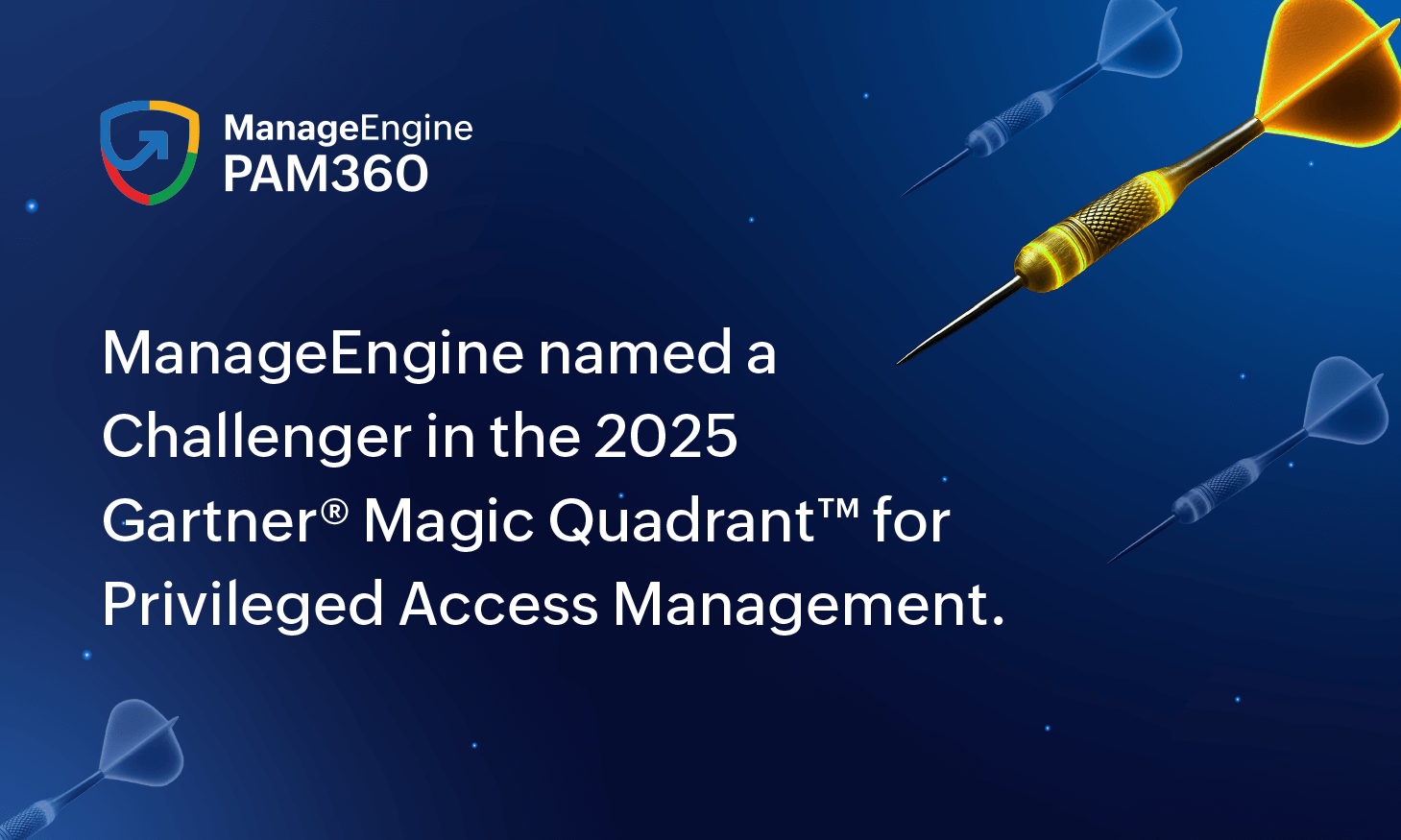Overview
Conversations around AI and its applicability in cybersecurity have been everywhere in recent years, where AI is perceived to function as both a powerful defensive tool and a potential security vulnerability.
On the security side, AI systems excel at detecting patterns, identifying potential threats in real time, and automating incident response at a scale and speed impossible for human analysts. However, this same technological power creates significant risks—malicious actors can leverage AI to develop more sophisticated attacks, automate vulnerability discovery, and create highly convincing phishing campaigns or deep-fake social engineering attempts.
This report sheds light on what IT and cybersecurity experts think about the pros and cons of AI, its projected level of implementation, and what their priorities are for the future.
Key findings

93%
of cybersecurity professionals report that their company is either considering, planning, or already using AI components in their cybersecurity platforms.

63%
of respondents say adding AI-based cybersecurity tools is a high priority at their organization.

73%
of respondents indicate they are very concerned about threat actors using AI for cyberattacks.

59%
of respondents believe detecting and responding to threats in real time is a top benefit of using AI-based cybersecurity tools, and 1 in 4 respondents believe reducing human error is a key benefit.

5.3
On a scale of 1–7 of what they deem highly valuable, respondents rate AI-based identity and access management tools at 5.3 out of 7.
Know the respondents
We surveyed 192 IT and cybersecurity leaders from various roles and organizational sizes.
IT or
IT security roles

-
8%
CISOs / CROs / CIOs / CTOs
-
9%
VPs / SVPs / EVPs
-
30%
Directors
-
30%
Managers
-
16%
IT / security admins
-
7%
Analysts / consultants
Organization
sizes

-
28%
Enterprise (10,000 or more)
-
41%
Large (1,000 to 9,999)
-
23%
Medium (100 to 999 employees)
-
8%
Small (1 to 99 employees)
Top
industries

-
17%
High-tech, IT software, or telecom
-
14%
Manufacturing
-
14%
Education
-
11%
Healthcare
-
10%
Financial services
-
7%
Professional services (consulting, legal, etc.)
-
6%
Retail, trade, or eCommerce
About ManageEngine
ManageEngine is a division of Zoho Corporation that offers comprehensive on-premises and cloud-native IT and security operations management solutions for global organizations and managed service providers. Established and emerging enterprises—including nine of every 10 Fortune 100 organizations—rely on ManageEngine's real-time IT management tools to ensure the optimal performance of their IT infrastructure, including networks, servers, applications, endpoints, and more. ManageEngine has 18 data centers, 20 offices and 200+ channel partners worldwide to help organizations tightly align their business to IT.

